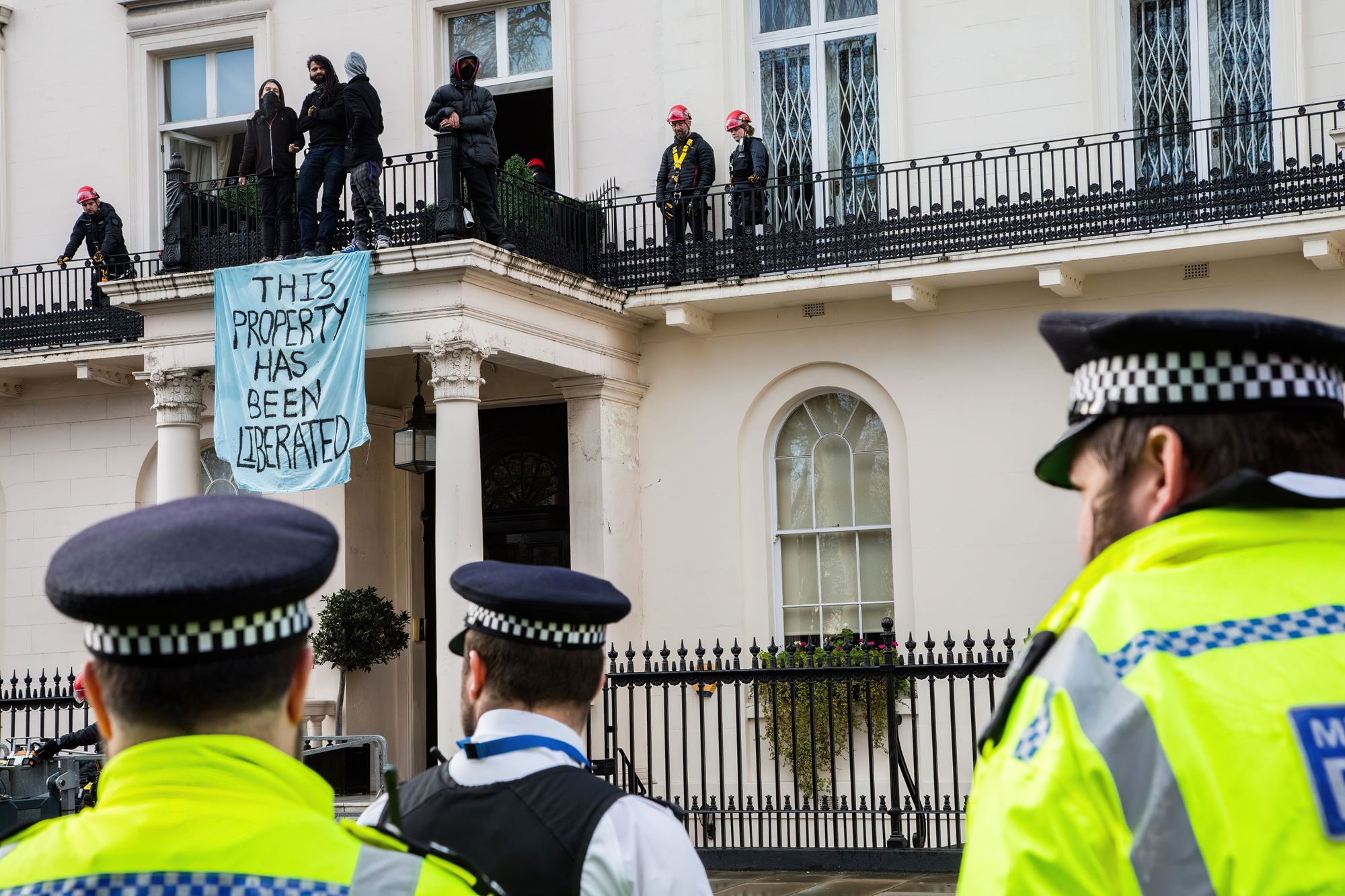FT: EU to propose plan to redirect 15 billion euros in projected profits from frozen Russian assets to Ukraine

The EU will suggest a proposal to seize about 15 billion euros ($16.2 billion) in projected profits generated by frozen Russian assets and transfer them to Ukraine, the Financial Times (FT) reported on Dec. 11, citing comments from European Commission Vice President Valdis Dombrovskis.
Since the beginning of the full-scale invasion, the West has frozen close to $215 billion in assets from Russia's Central Bank, but there has been a lack of consensus on how best to seize them in part or whole, and redirect the funds to Ukraine.
The Group of Seven (G7) nations said on Oct. 12 that it would hold frozen Russian assets in their jurisdictions, estimated to be around $280 billion, until Russia pays for the reparations and reconstruction of Ukraine.
It is unclear how the G7 intends to enforce the plan, or when funds might actually be accessible, which is why Dombrovskis said an interim solution was required.
The plan, which FT said would be proposed in Brussels on Dec. 12, would require banks holding frozen Russian assets to place profits in a separate bank account, which would then be transferred to the EU's budget on an annual basis in order to provide funding for Ukraine.
Under the proposal, only profits stemming from Russia's Central Bank would be subject to seizure. According to estimates by the European Commission, the proposal would generate about 3 billion euros ($3.2 billion) per year, or 15 billion from 2023-2027.
The plan would most directly impact Euroclear, a Belgium-based financial services company that holds about 191 billion euros ($205 billion) in Russian assets.
Euroclear did not respond to requests for comment, the FT said.
The plan's specific targeting of only the profits, and only those from Russia's Central Bank, is thought to assuage some fears of the financial and legal implications of the seizure. Experts said that even such a plan has risks.
There are concerns that Russia could take retaliatory measures by seizing Western assets in Russia, which it has threatened to do. On occasion, it has followed through on those threats, such as the seizure of Carlsberg's Russian subsidiary, which the CEO said was unlawful.
There is also a lack of a clear legal standard for the seizure, experts said.













